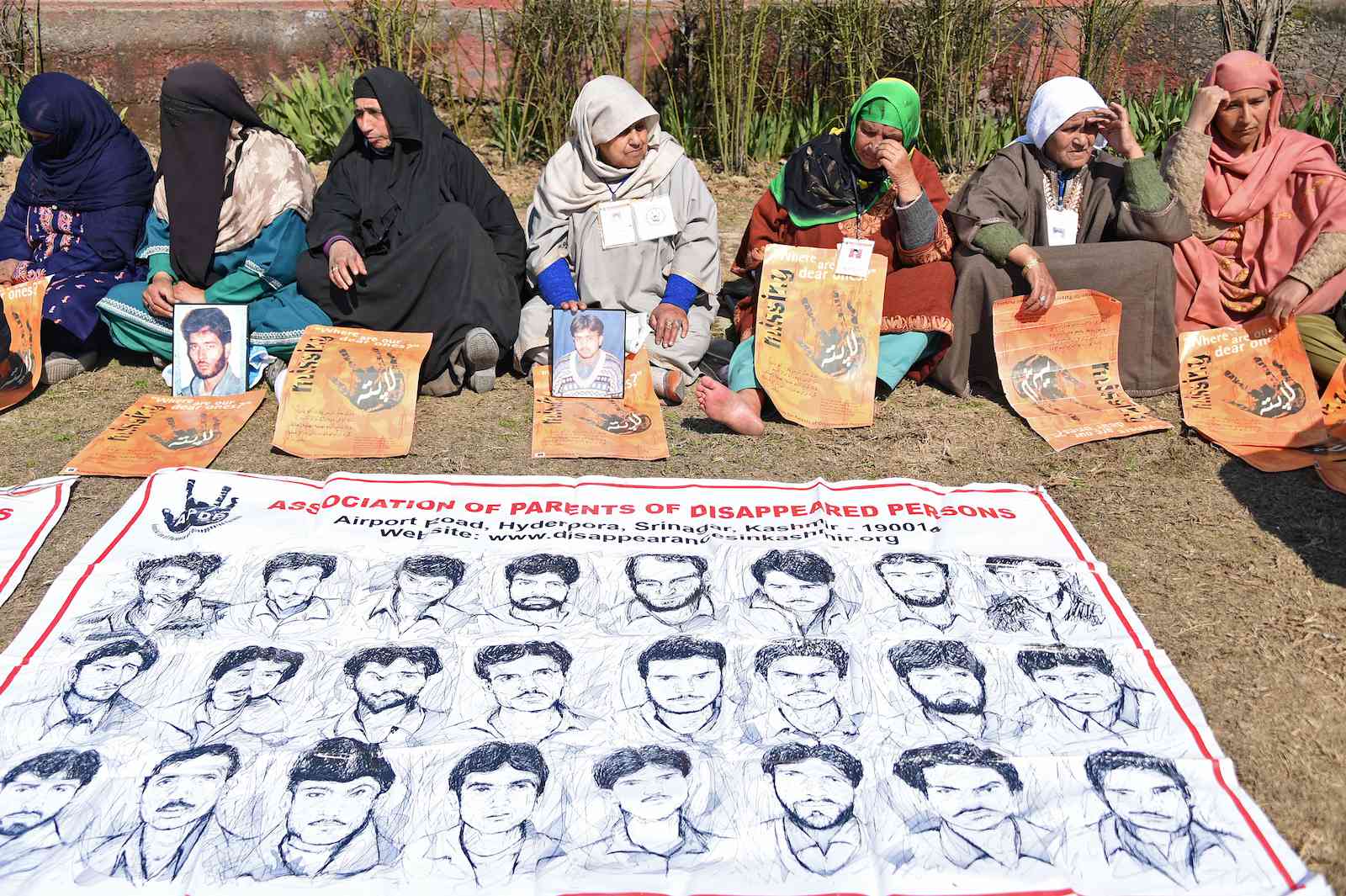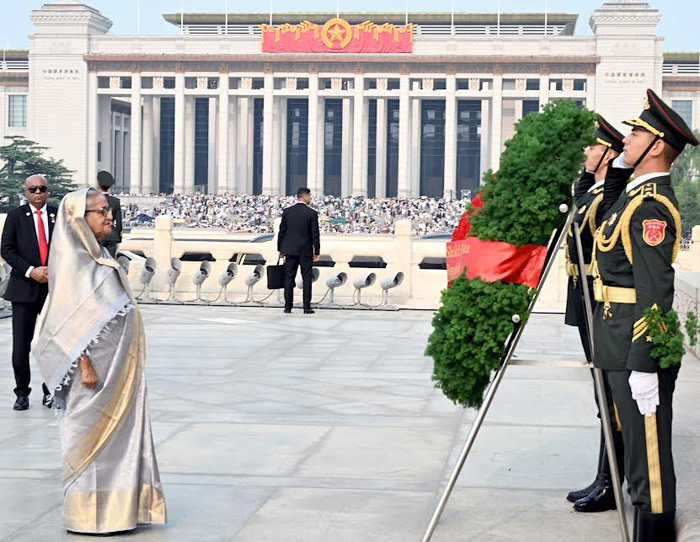
Online Desk: At least 8,000 families in Kashmir have lost their loved ones to enforced disappearances at the behest of the Indian armed forces. But the state refuses to acknowledge the problem and take action. Growing up, I did not know what rape was, but I knew that it was something horrible that could happen to me. I also knew that I had to be scared of men in uniforms as they could rape me. Left alone in a car while my mother stepped out to get groceries, I remember shuddering at the sight of an army vehicle and locking all the doors and windows, doing all that a 10 year old could do to protect herself, at the risk of suffocating.
Such is the grip of fear over the people of Kashmir, and even children are not immune to it. Being the most militarized zone in the world, Kashmir has witnessed killings, enforced disappearances, torture cases, rapes and other brutalities by the Indian armed forces over the decades.
According to the United Nations, an enforced disappearance occurs when people are arrested, detained or abducted against their will by the state, or groups and individuals acting on behalf or, with support from the state; followed by a refusal to disclose the whereabouts of the person.
In Kashmir, there have been more than 8000 cases of enforced and involuntary disappearances between 1989 and 2009, according to the Association of Parents of Disappeared Persons (APDP), a collective of family members who campaign against enforced disappearances and are in search of their loved ones. The government, however, pegs the number of enforced disappearances at 4,000. This discrepancy in the number of enforced disappearances has been highlighted by the Office of the UN High Commissioner for Human Rights (OHCHR) in its first ever report on the status of human rights in Kashmir released in June 2018. However, the Indian government rejected the report. “Enforced disappearances are a weapon of war. They are used to neutralize armed resistance against the state and their sympathizers. It is a global problem and not restricted to a specific region. Disappearances not only silence opponents but also create uncertainty and fear in the wider community,” says Parvez Imroz, a human rights activist who has extensively worked on researching and documenting enforced disappearances through his organisation, the Jammu and Kashmir Coalition of Civil Society (JKCCS). “Since the Spanish civil war in 1936, enforced disappearances have taken place worldwide and are not restricted to non-democratic countries, but also used by democratic countries to suppress political dissent”, says Imroz.
According to the Rome Statute of the International Criminal Court, when an enforced disappearance is committed as part of a widespread or systematic attack directed at any civilian population, it qualifies as a crime against humanity, depriving an individual of their fundamental rights. An enforced disappearance violates an individual’s right to liberty, right to freedom from torture, right to a fair trial, right to equal protection and right to presumption of innocence.







